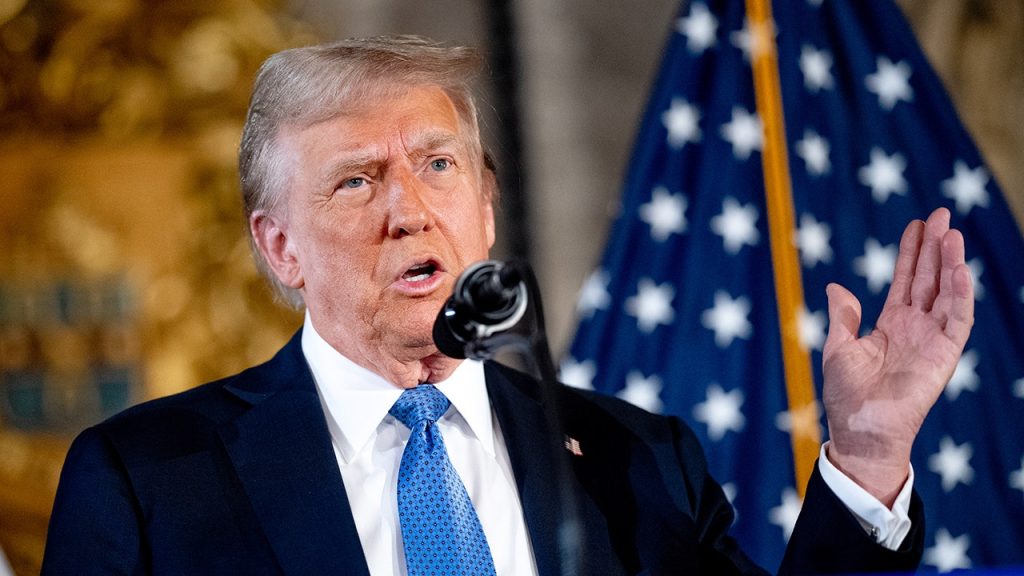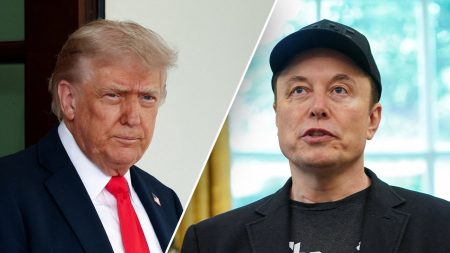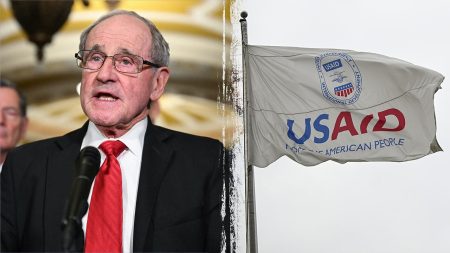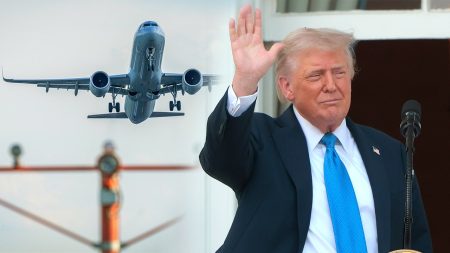The ‘Big Beautiful Bill’ Increases U.S. Debt by $3 Trillion
President Donald Trump introduced the "Big, Beautiful Bill," which is projected to increase the U.S. national debt by up to $3 trillion, with potential interest expenses reaching $5 trillion if made permanent. estimates from the Congressional Budget Office (CBO) suggest the bill could add over $2.4 trillion to primary deficits over 10 years. Meanwhile, the Committee for a Responsible Federal Budget (CRFB) expects the bill to result in a $4 trillion deficit increase over a decade if passage by Congress is confirmed. As of now, the national debt amounts to $36.2 trillion, and the national deficit is $1 trillion. These figures are astoundingly high, reflecting the potential magnitude of the "Big, Beautiful Bill." Despite its appearance as a politically pragmatic solution, demands for simpler, lessimaginative spending arrangements are persistently raised.
House Republicans’ Visualized Impact on fiscal Health
The so-called "House Republican Bill of 2024" (OBBA) aims to address a range of issues, including tax cuts, border security, and immigration reform. Johnson, for instance, analyzed the bill’s potential impact, stating it would add nearly $3 trillion to the debt, adjusted for interest, through 2034. Additionally, the bill is projected to reduce the federal deficit by $1.1 trillion. However, the growing frustration in the political arena hinges on these claims. One Big Beautiful Bill Act (‘ Osborne-Bush American Record’)—as it’s frequently invoked due to its massive spending potential—could lead to significant fiscal harm unless it is discounted.
Backlash Against theårven-Ky area’s Tax Manipulation
The reaction from House lawmakers to the "House Republican Bill of 2024" has been uneven.rand Paul, a prominent Republican in Kentucky, expressed skepticism, arguing that the bill doesn’t directly increase the debt ceiling but instead delays it. He criticized the political manipulation over market confidence as "hopeless." Democrats, however, accuse the Republican-controlled Congress of bypassing checks to extend the debt ceiling unfairly and thus prevent a comprehensive reform. This back-and-forth reflects broader political dysfunction, as Huynh, a Republican racer in North Carolina, consistently opposed the claim of increasing the debt ceiling and prioritized paying the bills before moving forward.
Detailed Impacts on Healthcare and Market Confidence
The "Big, Beautiful Bill" has also received highly condemned attention for its potential consequences on the healthcare system and market confidence. The bill could lead to a $51,000 estimated number of American deaths due to changes in the healthcare system and broader reconciliations. Additionally, it could erode market confidence, slowing long-term economic growth. On the other hand, it flowed into 44 companies through relief and manufacturing subsidies. These bots’ criticism underscores the absurdity of rising central spending at the expense of public trust.
Faulkner to Focus on Long-Term Effects
President Trump’s "Big, Beautiful Bill" has been supported by significant Republican volunteers in Congress. Conversely, President Trump, with his_unusedivalent head navigates encyclopedia terminology like "fiscal篮子," has notüzü demands on their broader fiscal health. While Trump hasn’t hinted at requiring his Senate to "make the case for responsible fiscal policy," some members may still consider implementing it before making the bill more responsible. What’s more concerning is the$3 trillion increase in debt that the bill poses. **Theoven lovingly known by those within existing toCandidate is the desire for meaningful reform, rather than mere用手grip over debt.









